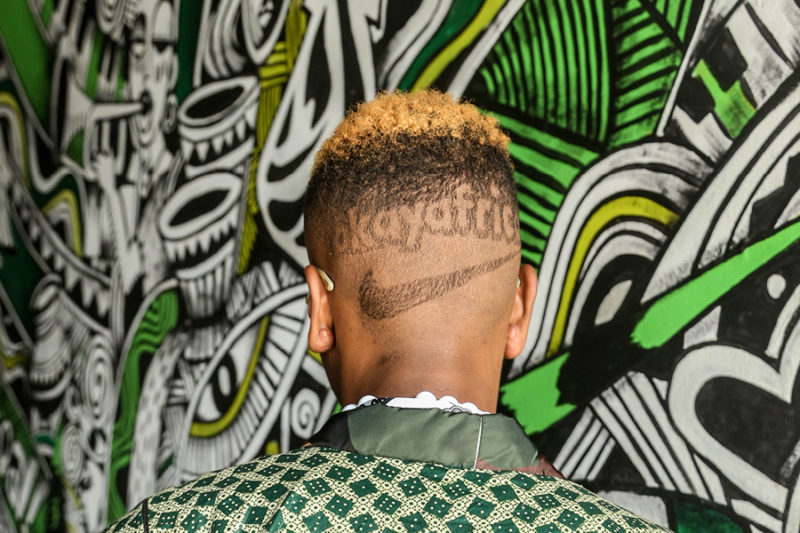OkayAfrica on the idea of a digital global community through music and culture
Curious about how a whole year under the pandemic conditions have been affecting them, we reached out to a number of editors from variously scaled music publications based in different parts of the world, and asked them to share their different experiences, approaches, feelings. Their answers provided us with some good insight and more good questions to think about.
Here is Rachel Hislop, the editor of digital media platform OkayAfrica. OkayAfrica publishes extensive content on music, culture and politics of Africa and is currently based in Johannesburg, Los Angeles and New York.
How has your work been affected?
The one thing we have been thankful for during the pandemic is that, with teams in New York, LA and Johannesburg, most of our work communication was close to set up for a remote world. There were a few things we had to adjust for immediately in response to the pandemic, and then again when we realized we would be in for the long haul. A lot of this has meant thinking more creatively about how we engage with the artists we cover and how we adjust the information and entertainment we are getting to our audience.
How has your experience been in terms of “adaptation”?
Much of the pandemic has been learning as we go and adjusting our coverage accordingly. It was really difficult to plan for the future when everything was so uncertain. There was absolutely a time at the very beginning of the pandemic where we were unsure about how to engage with coverage of topics we normally covered when the news felt so dire around COVID-19. It felt like a strange time to feed people music and entertainment news or to over-promote anything when we were also dealing with our own human realities and fears outside of work. Once we moved past the initial lockdown period, like many music platforms, the early months of the pandemic meant visualizing how we could provide live entertainment for our audience at home in ways that were dynamic and did the best it could to mirror what we were providing prior to lockdown.
“Prior to the pandemic, there were what seemed to be competing loyalties. There were a lot of ideas about how and where things should move and be consumed, but with borders closed and travel restrictions in place, the idea of a global digital community became the one true reality…”
How has it affected your approach to music in general?
I turned to our Senior music editor Kam Tambini to answer this question: parts of our approach have changed and parts have remained unchanged. People still need music as an escape, especially during a pandemic, so we’re happy to provide that through our music news and our popular weekly & monthly music roundups of the best African music out there. What has changed is how musicians, producers, and the artists we shed a light on have shifted in their own output—how more songs’ subject matter is about being physically indoors or looking inwardly in a more spiritual sense. In that same vein, our questions towards musicians in our many interviews (and their answers) have changed to reflect that pandemic state of being.
What is your main motivation at OkayAfrica now?
Making sure our audience has what they need to remain not just engaged and entertained but also educated is what our team puts at the front of our minds every day as we approach our work. We want to continue to grow our digital footprint, continue allowing our audience to be the first to discover and fall in love with some of the most innovative artists out there.
What has this past year taught you?
That we have one obligation and that is to our audience. Prior to the pandemic, there were what seemed to be competing loyalties. There were a lot of ideas about how and where things should move and be consumed, but with borders closed and travel restrictions in place, the idea of a global digital community became the one true reality and we have doubled down on building our brand to be the best it can in that space.
